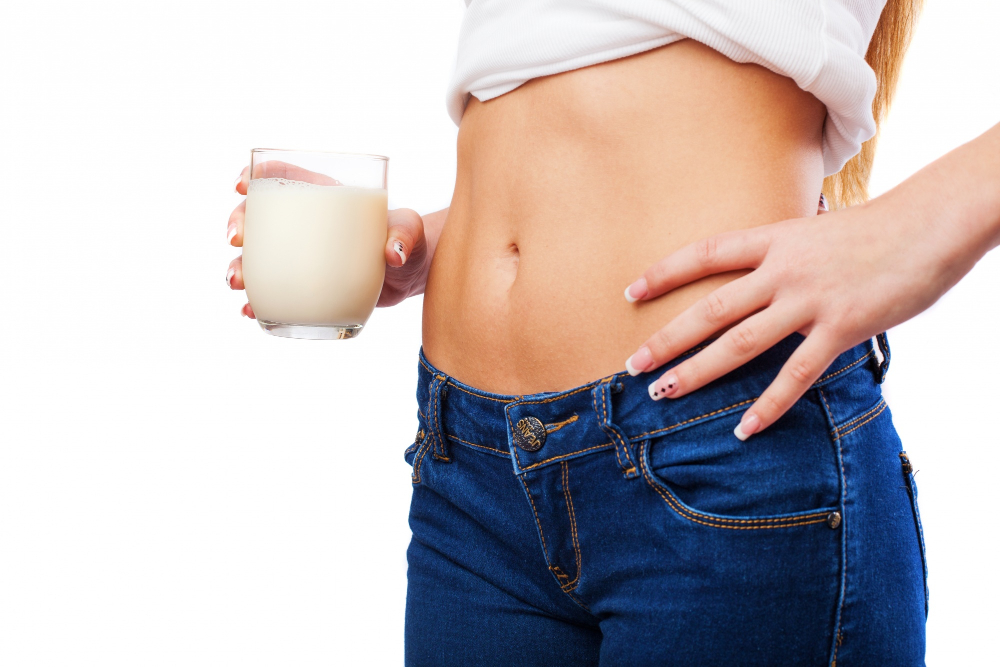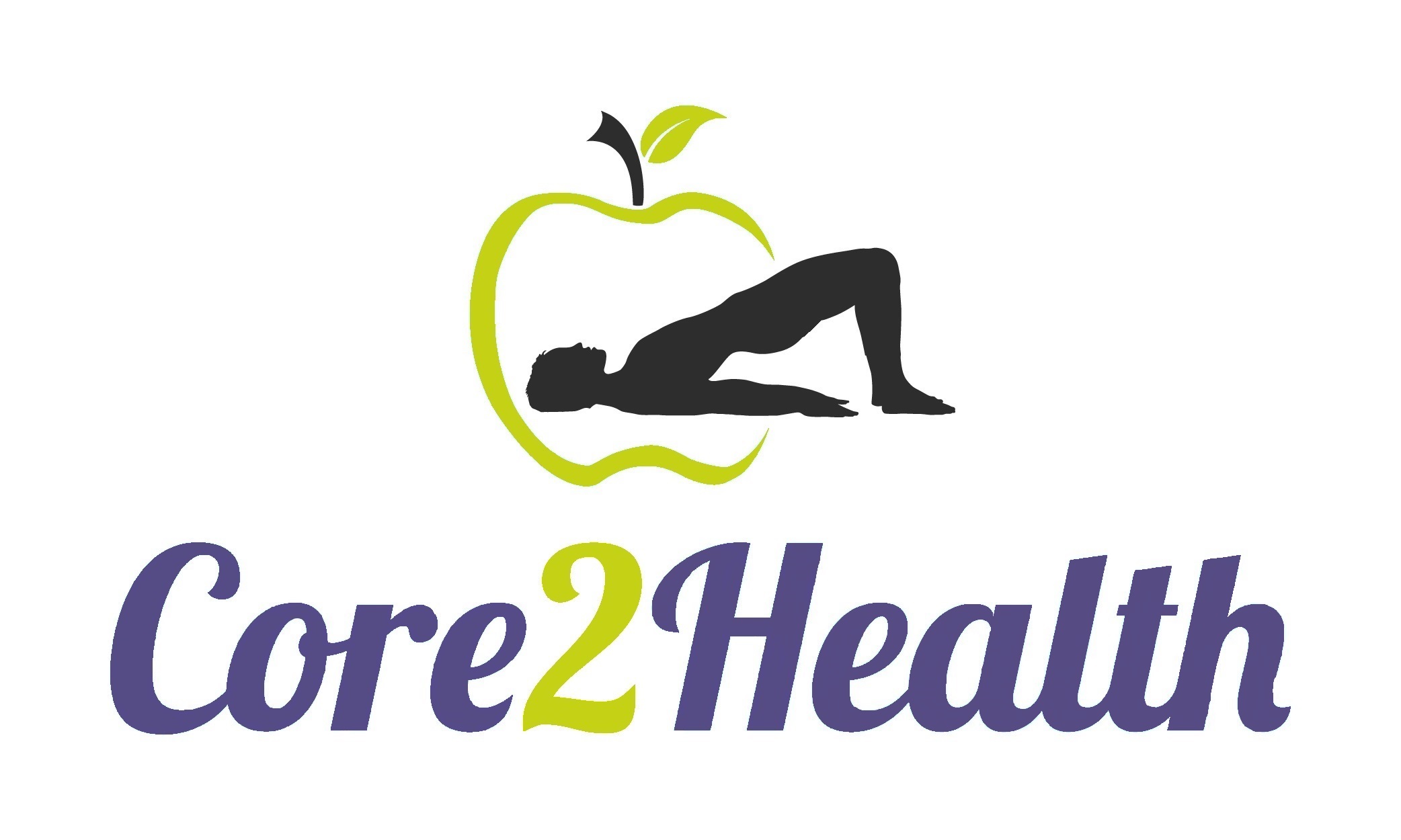Best Probiotics for Gut Health: A Comprehensive Guide

In recent years, the interest in probiotics has surged, with many people turning to these beneficial bacteria to improve their gut health. But what exactly are the best probiotics for gut health, and how can they be incorporated into your daily diet? In this guide, we'll explore the answers to these questions and more, helping you make informed decisions about using food as preventative medicine.
Understanding Probiotics
Probiotics are live microorganisms that, when consumed in adequate amounts, confer health benefits on the host. They are often referred to as "good" or "friendly" bacteria because they help keep your gut healthy. The best probiotics for gut health can aid digestion, boost the immune system, and even improve mental health. These beneficial bacteria work by balancing the gut microbiome, which is crucial for nutrient absorption and protecting against harmful pathogens. Incorporating probiotics into your diet can lead to enhanced overall well-being, making them a valuable addition to a healthy lifestyle.
How Probiotics Work
Probiotics work by restoring the natural balance of bacteria in your gut. An imbalance means there are too many bad bacteria and not enough good bacteria. This can happen due to illness, medication like antibiotics, poor diet, and more. The best probiotics for gut health help to restore this balance, leading to improved overall health. By replenishing the gut with beneficial bacteria, probiotics can enhance digestion, reduce inflammation, and even contribute to better mood regulation. This balance is essential for maintaining a strong immune system and preventing various gastrointestinal issues, making probiotics a key component in achieving optimal health.
Benefits of Probiotics

Digestive Health: The best probiotics for gut health can alleviate symptoms of digestive disorders such as irritable bowel syndrome (IBS), inflammatory bowel disease (IBD), and diarrhea. By promoting a balanced gut microbiota, probiotics help reduce inflammation and improve nutrient absorption, leading to better overall digestive function.
Immune System Support: Probiotics can enhance your immune response, making you less susceptible to infections. They stimulate the production of natural antibodies and boost the activity of immune cells like T lymphocytes and natural killer cells, providing a stronger defense against pathogens.
Mental Health Benefits: Emerging research suggests a strong link between gut health and mental well-being. The best probiotics for gut health may help reduce symptoms of anxiety and depression by influencing the gut-brain axis, a complex communication network that connects the gut and brain, potentially leading to improved mood and cognitive function.
Weight Management: Some studies indicate that probiotics can aid in weight loss and reduce belly fat. By modulating the gut microbiota, probiotics may help regulate appetite, increase metabolism, and reduce fat storage, contributing to a healthier body weight and composition.
Choosing the Best Probiotics for Gut Health
When selecting probiotics, it's essential to consider the strains of bacteria they contain. Different strains offer different benefits. Here are some of the most effective strains for gut health:
- Lactobacillus acidophilus: This probiotic strain is renowned for its ability to break down lactose, making it particularly beneficial for individuals who are lactose intolerant. By aiding in the digestion of lactose, it helps reduce symptoms such as bloating and discomfort, allowing those with lactose intolerance to enjoy dairy products with fewer issues. Additionally, Lactobacillus acidophilus supports overall gut health by maintaining a balanced microbiome and enhancing the body's natural defenses against harmful bacteria.
- Bifidobacterium bifidum: This versatile probiotic plays a crucial role in the digestive process by breaking down complex carbohydrates, fats, and proteins into smaller, more absorbable components. This enhanced breakdown allows the body to utilize nutrients more efficiently, contributing to improved energy levels and overall health. Bifidobacterium bifidum also supports the immune system and helps maintain a healthy gut environment, reducing the risk of gastrointestinal disturbances.
Metagenics UltraFlora Balance is a high-quality probiotic supplement designed to support digestive health and overall well-being. This product features a unique blend of beneficial bacteria, including Lactobacillus acidophilus and Bifidobacterium bifidum, which are well-known for their ability to promote a healthy balance of intestinal flora. By incorporating UltraFlora Balance into your daily routine, you can help maintain optimal digestive function, support immune health, and enhance nutrient absorption.
For those interested in purchasing, please note that a small commission will be earned when you buy through this link: Metagenics UltraFlora Balance on Amazon. Your support is greatly appreciated!
- Saccharomyces boulardii: As a unique yeast probiotic, Saccharomyces boulardii is particularly effective in preventing and treating diarrhea, including that caused by antibiotics or infections. It works by restoring the natural balance of gut flora and inhibiting the growth of harmful pathogens. Saccharomyces boulardii also supports the intestinal barrier function, reducing inflammation and promoting gut health, making it a valuable ally in maintaining digestive well-being.
How to Identify Probiotic Strains on Supplements
- Read the Label: The first step in identifying probiotic strains is to carefully read the supplement label. Look for the scientific names of the bacteria, which usually consist of the genus, species, and strain. For example, Lactobacillus acidophilus is a common probiotic strain.
- Check the CFU Count: CFU stands for Colony Forming Units, which indicates the number of live bacteria in each serving. A higher CFU count generally means more potent probiotics, but the right amount depends on your specific health needs.
- Research the Brand: Choose supplements from reputable brands that conduct third-party testing to ensure quality and potency. Look for certifications or seals of approval from organizations like the U.S. Pharmacopeia (USP) or NSF International.
Consult with a Healthcare Professional: Before starting any new supplement, it's wise to consult with a healthcare provider, especially if you have underlying health conditions or are pregnant.
Probiotic-Rich Foods

Incorporating probiotic-rich foods into your diet is a natural way to improve your gut health. Here are some of the best foods to consider:
- Yogurt: One of the most popular sources of probiotics, yogurt contains live cultures that are beneficial for gut health.
- Kefir: A fermented milk drink that is rich in probiotics and more potent than yogurt.
- Sauerkraut: Fermented cabbage that is high in probiotics and vitamins.
- Kimchi: A spicy Korean dish made from fermented vegetables.
- Miso: A traditional Japanese seasoning produced by fermenting soybeans.
- Tempeh: A fermented soybean product, tempeh is not only a great source of probiotics but also a rich source of protein and nutrients. Its fermentation process enhances its digestibility and nutritional profile, making it a versatile addition to various dishes.
- Kombucha: This fermented tea beverage is packed with probiotics and antioxidants. Kombucha is known for its tangy flavor and potential health benefits, including improved digestion and detoxification.
- Pickles: Naturally fermented pickles, made without vinegar, are a good source of probiotics. They offer a crunchy, tangy snack that can support gut health and add variety to your diet.
- Natto: A traditional Japanese food made from fermented soybeans, natto is rich in probiotics and vitamin K2. It has a unique flavor and texture, and its fermentation process enhances its health benefits.
- Fermented Cheeses: Certain cheeses, such as Gouda, cheddar, and Swiss, contain probiotics. These cheeses undergo a fermentation process that can contribute to gut health when consumed in moderation.
Frequently Asked Questions
How Do I Know Which Probiotic is Right for Me?
Choosing the best probiotics for gut health depends on your specific health needs. It's always a good idea to consult with a healthcare provider, especially if you have underlying health conditions. They can help you identify the most suitable strains and formulations based on your individual health goals, such as improving digestion, boosting immunity, or addressing specific conditions like irritable bowel syndrome. Additionally, considering factors such as the probiotic's CFU count, delivery method, and any potential allergens can further guide your decision in selecting the right probiotic supplement for your unique needs.
Can I Get Enough Probiotics from Food Alone?
While it's possible to get probiotics from food, supplements can be a convenient way to ensure you're getting enough of the beneficial bacteria. Look for high-quality supplements that contain a variety of strains.
Are There Any Side Effects?
Most people can take probiotics without any issues. However, some may experience mild digestive symptoms, such as gas or bloating, when first starting. These symptoms usually subside as your body adjusts.
Further Reading on Probiotics and Gut Health
If you're interested in learning more about how probiotics can benefit your overall health, there are numerous resources available that provide in-depth information and research findings. One such resource is the National Center for Complementary and Integrative Health (NCCIH), which offers a comprehensive overview of probiotics, including their benefits, potential side effects, and ongoing research.
By exploring these resources, you can gain a deeper understanding of how the best probiotics for gut health can be integrated into your lifestyle as part of a preventative health strategy. Whether you're looking to improve your digestive health, boost your immune system, or simply learn more about the science behind probiotics, these resources can provide valuable insights.
Incorporating the best probiotics for gut health into your diet can have numerous benefits, from improving digestion to boosting your immune system. By choosing the right strains and consuming probiotic-rich foods, you can take a proactive approach to your health. Remember, it's always best to consult with a healthcare professional to tailor your probiotic intake to your specific needs.
Connect with Us!
Stay inspired and informed by following us on social media. Get tips, motivation, and updates on all things Pilates, nutrition, and wellness. Join our community and take the next step towards a healthier, happier you!
